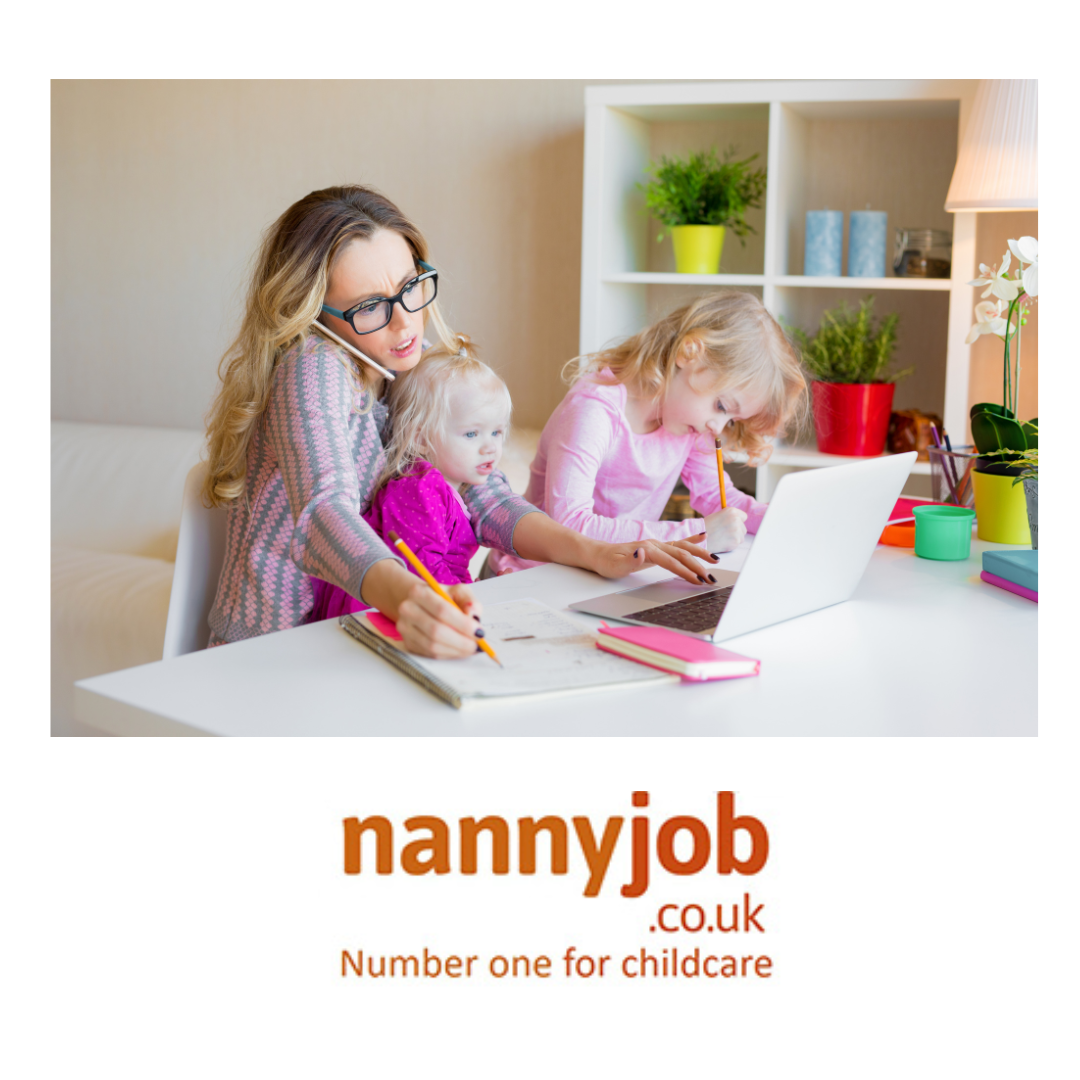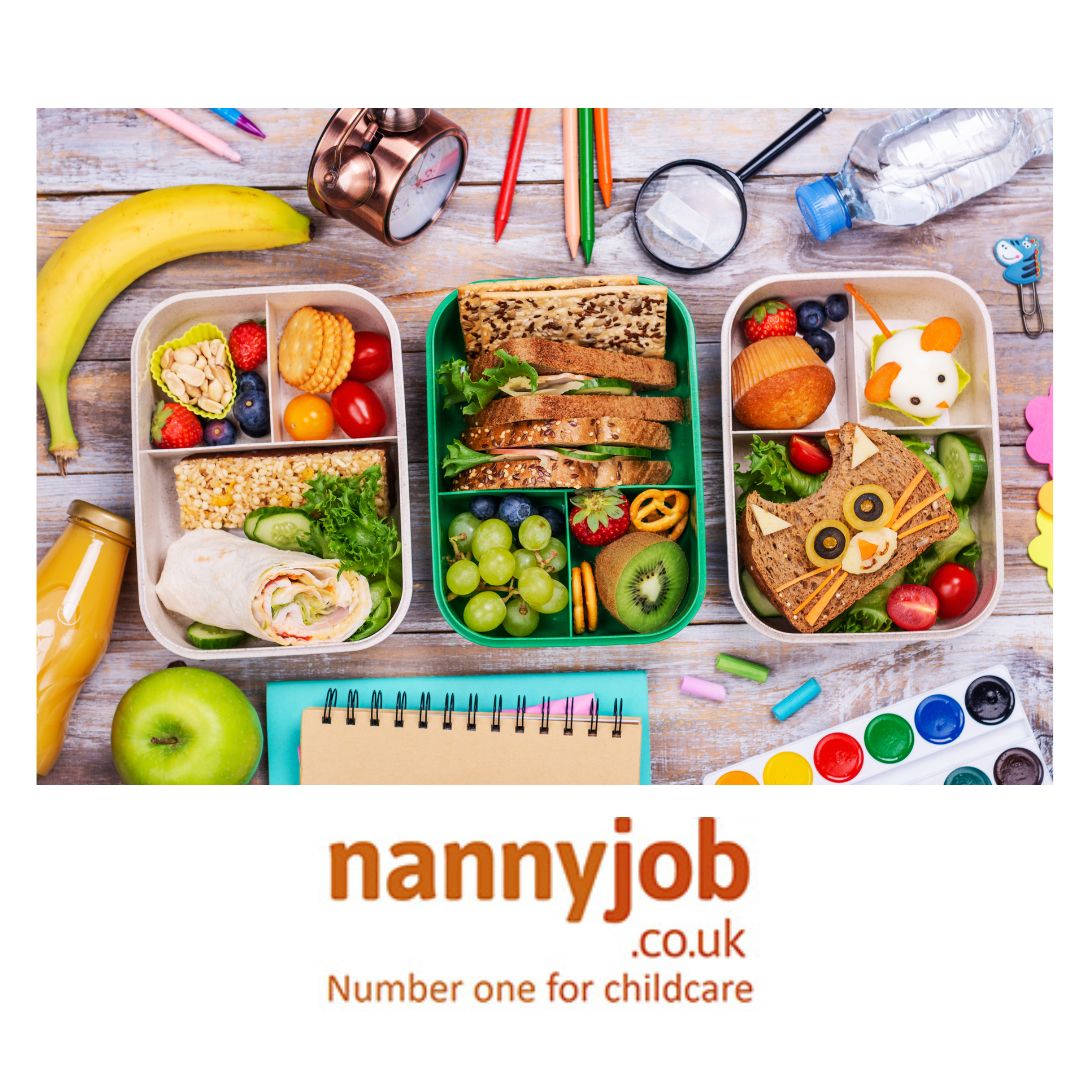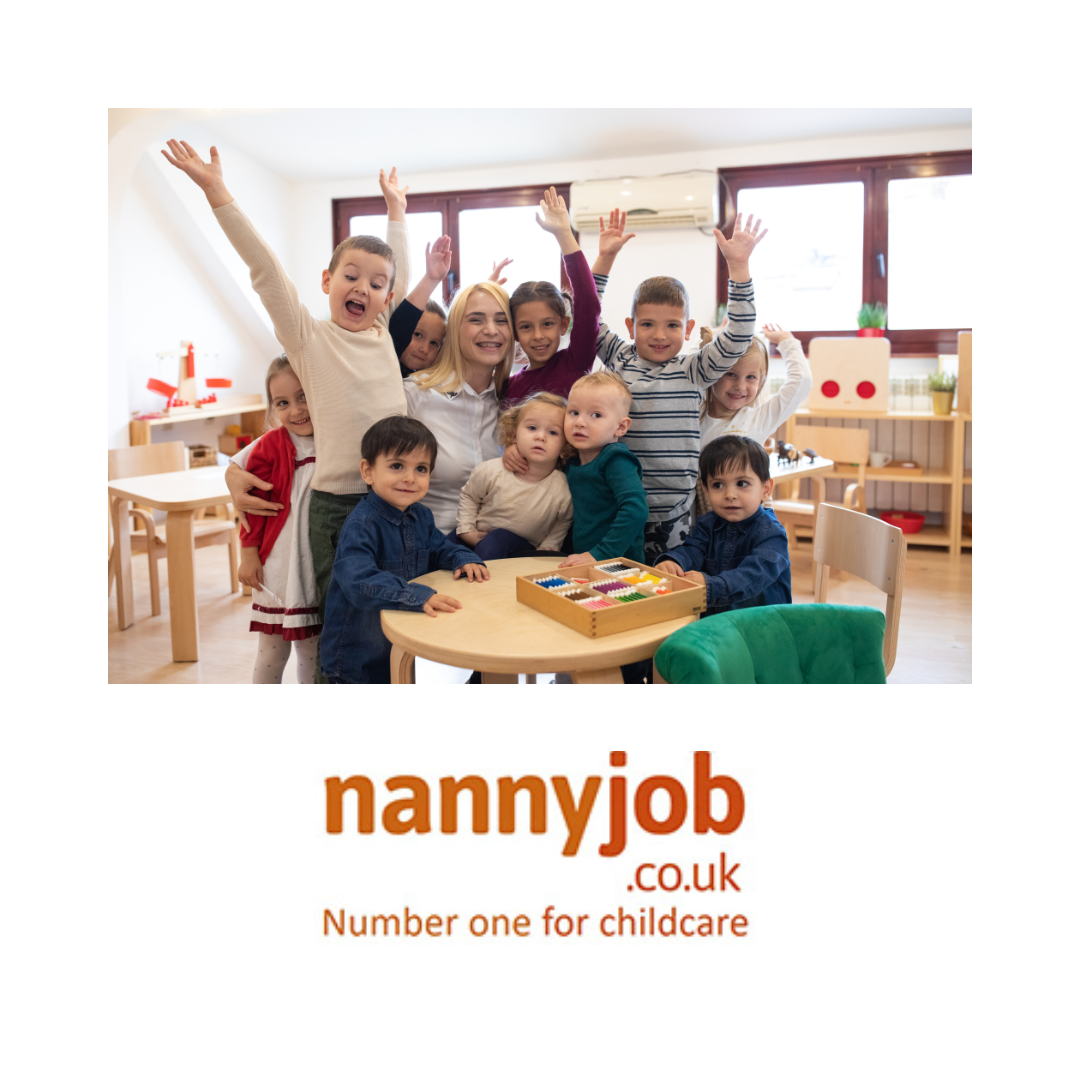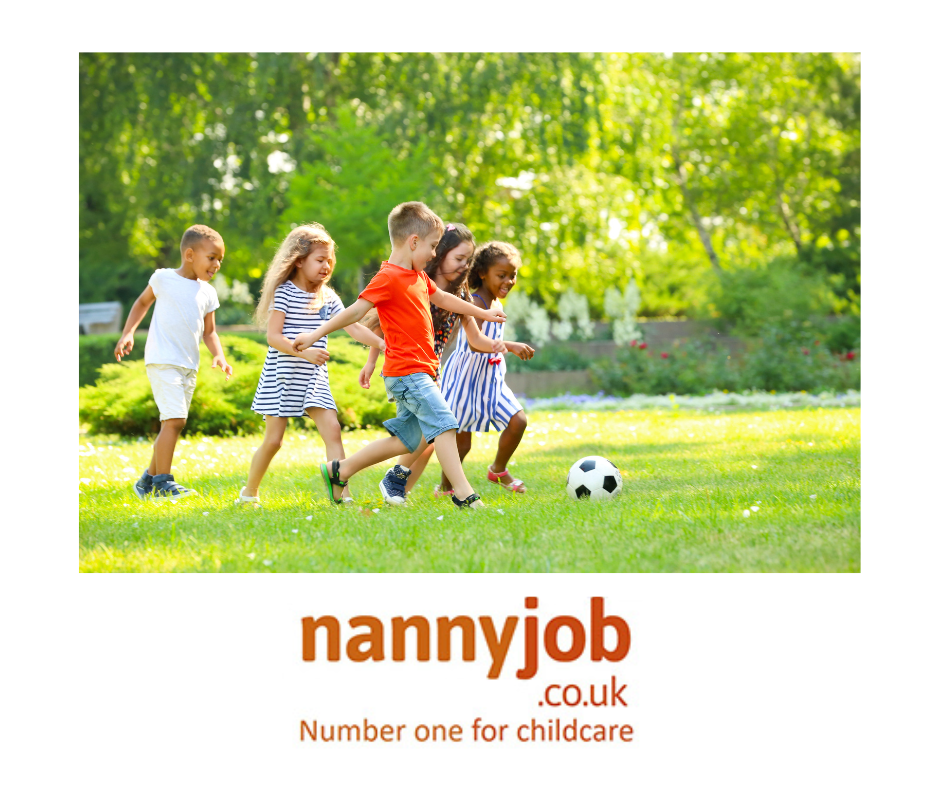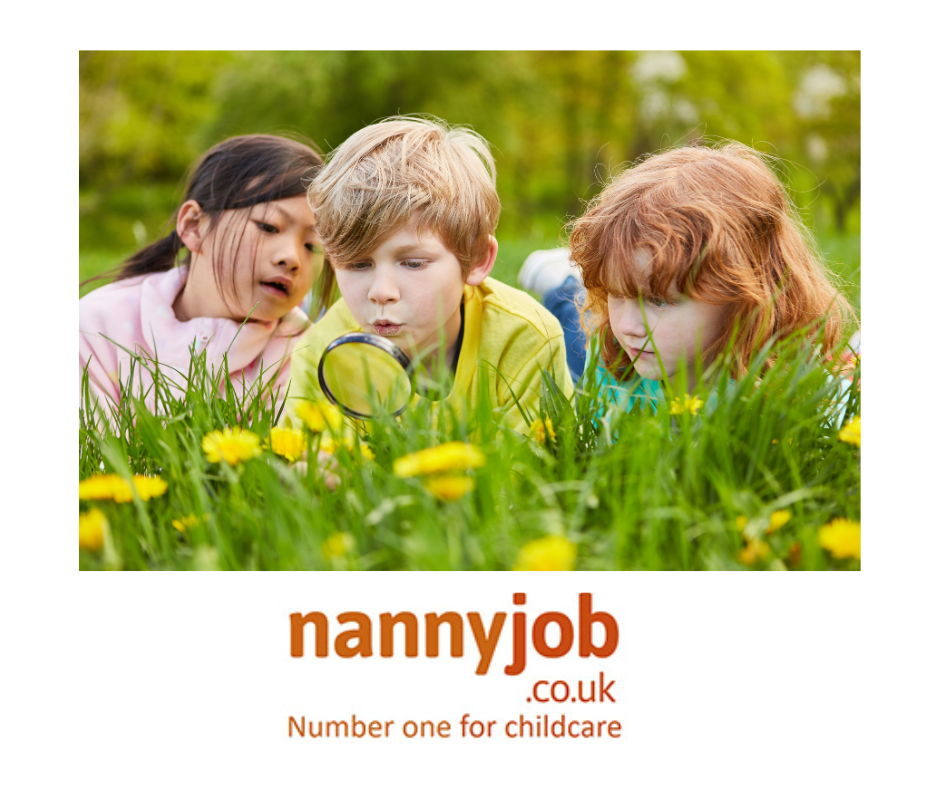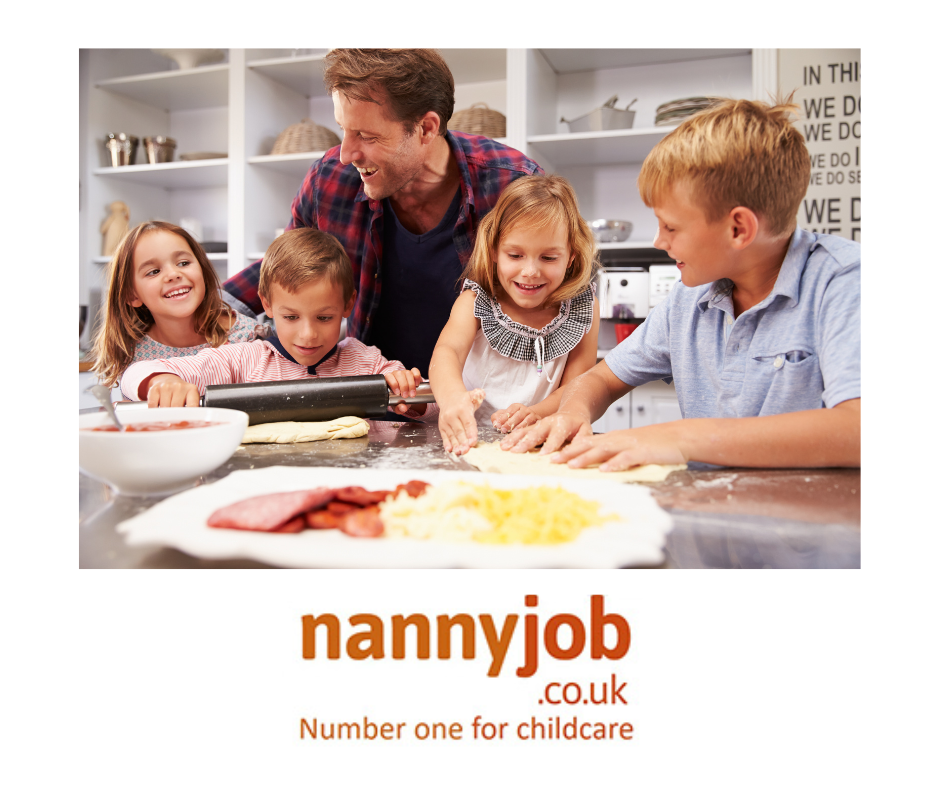In an era of increasing workplace flexibility, remote jobs, and the persistent pursuit of work-life balance, the narrative around working mums continues to evolve. From Allison Pearson’s 2002 portrayal of a multi-tasking professional woman in “I Don’t Know How She Does It” to today, the challenges facing working mothers remain – though the environment has changed. Here, we shed light on the modern dynamics and the altered landscape for working mums in 2023.
Chasing the Illusion of “Having It All”
Recent studies suggest that the concept of “having it all” is evolving. Today’s working mothers are shying away from the ‘supermom’ ideal, recognising that striving for perfection in every arena may not be beneficial. The modern mum is leaning into self-acceptance, focusing on what’s achievable and giving herself grace on tough days.
Finding the Right Balance
Many women today find a sense of identity and purpose in their careers. Flexible working hours, job-sharing options, and remote work have opened doors for a more balanced lifestyle. Celebrity chef Jamie Oliver once mentioned that women who find a balance between work and personal life seem the happiest. And in 2023, the possibility of finding that sweet spot is more attainable than ever, as companies prioritise employee well-being.
Collaborative Parenting
One significant shift over the decades is the move towards shared parenting responsibilities. It’s not just about finding the perfect nanny anymore (although platforms like NannyJob have made that easier). Today, fathers are more involved in daily childcare and household duties than they were in the past. This shared responsibility allows for a more equitable division of labor at home, paving the way for more harmony and less stress.
The Financial Equation
The cost of childcare remains a topic of debate. Rather than seeing childcare as a mother’s expense, modern families often consider it a shared cost, reflecting the societal shift towards more egalitarian parenting. This perspective change has lightened the financial burden for many working mothers.
Well-being Over Everything
Prioritising self-care has become central to the modern mother’s ethos. Whether it’s attending a virtual yoga class, reading a book, or simply taking a walk, today’s mothers understand the importance of recharging. The saying, “When mum is happy, everyone is happy,” has never been truer.
In Conclusion
Yes, the challenges persist, but the narrative around working mums in 2023 is more empowering and nuanced. It’s not just about balancing work and family but about recognizing one’s limits, advocating for support, and embracing the journey with all its ups and downs.

